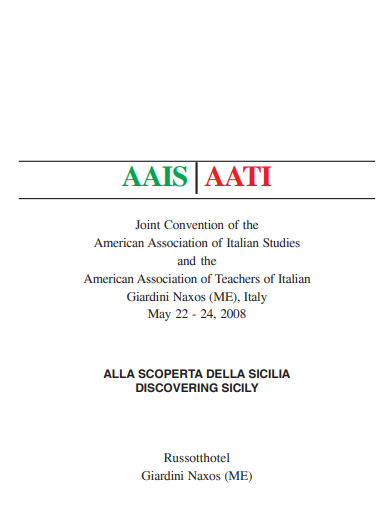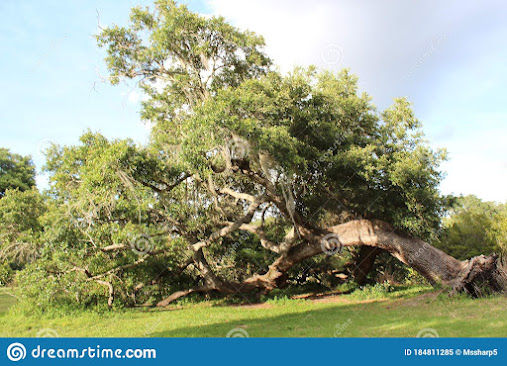Peter Dale on Erminia Passannanti's poems. Peter Dale's translation of "Macchina"
Erminia Passannanti is an esteemed Italian poet and poetry translator, renowned for rendering into Italian the works of figures such as Geoffrey Hill, Seamus Heaney, Sylvia Plath, R.S. Thomas, and T.S. Eliot. As a translator of Dante’s Inferno rendered in terza rima, I first encountered her in 1996, when we embarked on a mutually enriching project of translating each other’s poetry. Passannanti’s poetic style is characterized by free verse that interweaves occasional rhyme, assonance, and consonance to accentuate structural nuances. Although her verse might seem at first to be governed by syntactical concerns, it is, in fact, a deliberate disruption of conventional syntax in the service of irony, elegiac lament, and even farce. Her work employs language from diverse registers and historical periods to craft striking juxtapositions, producing effects that are at times expressionistic and surreal. Cultural signifiers are deliberately scrambled and rearranged, subverting traditional tonal...



